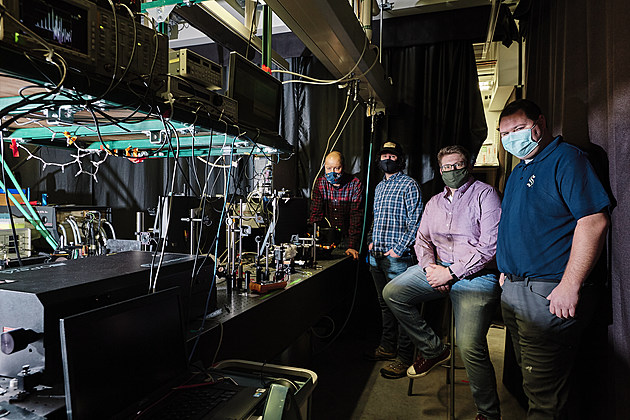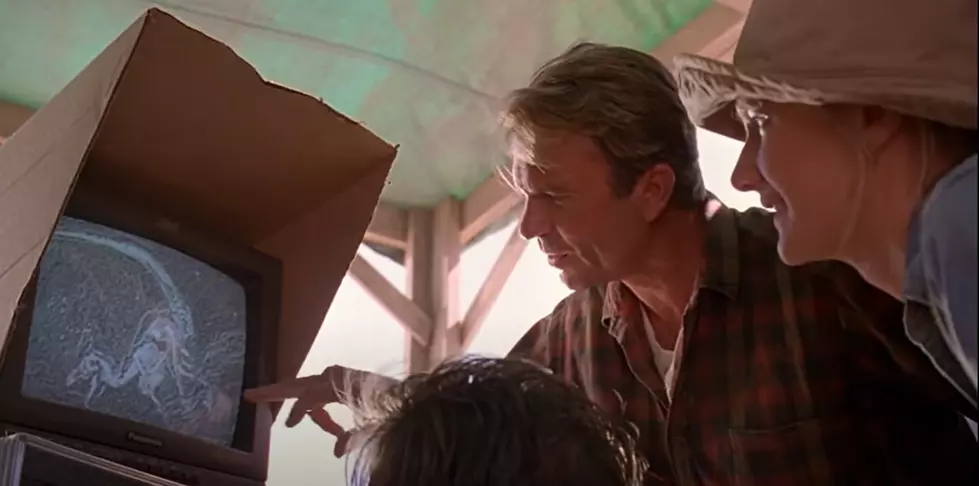
MSU Is Working on Better Batteries
The world is rushing toward a more electric-powered civilization. But the batteries we're using have a tendency to wear out right when we need them the most. Try driving an all-electric car across Montana, for instance. Ya gotta know the location of nearest charging stations or else your search is for the nearest tow truck. That's just one of the challenges of using batteries.
Montana State University is joining several other universities, companies and federal agencies in development of a new generation of batteries. MSU was awarded $3.5 million from the US Army Research Lab to create a battery that holds more power and charges faster. Oh,and it needs to be safer than current batteries and can work in extreme environments. Picky, picky, picky.
However, the Bozeman, MT, research team already has a plan to use what they've learned about fuel cells to make the current lithium-ion batteries better. In a news release, MSU Energy Research Institute Director Lee Spangler said, "MSU has some unique capabilities that we've developed over the past couple decades of researching fuel cells. It's exciting to be applying that expertise to batteries and this funding is really going to accelerate our research in this area."
Part of that research involves a ceramic material that the Montana researchers have used on fuel cells that will make the batteries safer and also will charge faster. Stephen Sofie, professor in the Department of Mechanical and Industrial Engineering, said, "The ceramics will never catch fire and create a safety hazard and are capable of better performance than lithium batteries filled with flammable liquid." Sofie developed a "freeze-casting" method for fuel cells at NASA that could provide one of the keys in making the new battery.
The project contract will include 11 graduate students and six postdoctoral or similar research positions at the Bozeman campus. MSU joins with the University of Maryland, Stony Brook University, the University of Texas at Austin, Argonne and Brookhaven laboratories and some private companies in the battery research. For more details on the project, check the MSU News Release.
LOOK: See the iconic cars that debuted the year you were born
More From 94.9 KYSS FM








